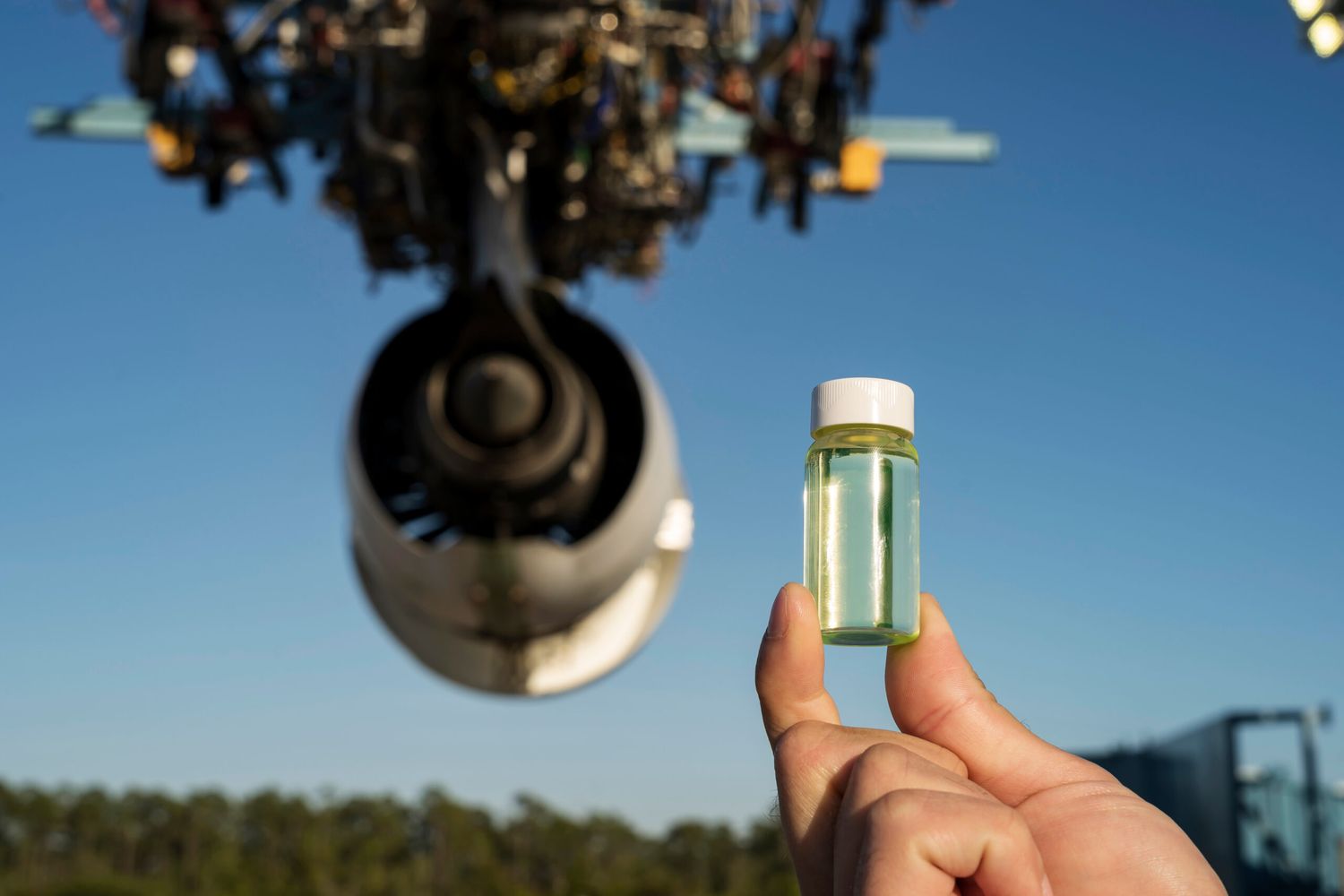Pratt & Whitney and Air bp to work on sustainable aviation fuel testing and research
Engine manufacturer Pratt & Whitney and fuel producer Air bp have signed a memorandum of understanding (MOU) to address a series of joint work streams related to the use of 100% sustainable aviation fuel. The agreement is part of the airline industry’s goal of achieving net-zero emissions by 2050.
As reported, the parties will join efforts to explore the supply of SAF blends – with the goal of reaching up to 100 % – for engine and propulsion system testing until 2024. In addition, the two companies intend to collaborate on research into the performance of 100% sustainable aviation fuel in propulsion systems to provide information and data on the fuel’s capabilities and the emission reductions it can achieve.
Commenting on the agreement, Andreea Moyes, Air bp’s Director of Sustainability, said, «We are delighted to be working with Pratt & Whitney to test SAF in engine testing facilities in the U.S. As we continue to develop new technologies and raw materials, some of which may be unique to U.S. availability, it will be very useful for both companies to collaborate on testing and understanding fuel performance and working to increase the utilization of SAF in engines by up to 100%».
For its part, from Pratt & Whitney assured that the company «has been actively involved in the testing and certification of SAF for more than a decade, and helped regulatory authorities establish the standards that today allow sustainable aviation fuel to be used as a «straight» fuel, blended up to 50 percent with conventional fuel.»
«Pratt & Whitney is working to validate that its engines can operate on 100 percent SAF, and the company continues to work closely with the Commercial Aviation Alternative Fuels Initiative (CAAFI) and ASTM International to achieve that goal,» they stated.
The engine manufacturer has also committed that its new generation engines will be fully ready to run on 100% SAF, as is the case with the GTF Advantage model, which is currently used on Airbus A320neo and reduces emissions by up to 17% compared to the previous generation.


Comentarios
Para comentar, debés estar registrado
Por favor, iniciá sesión